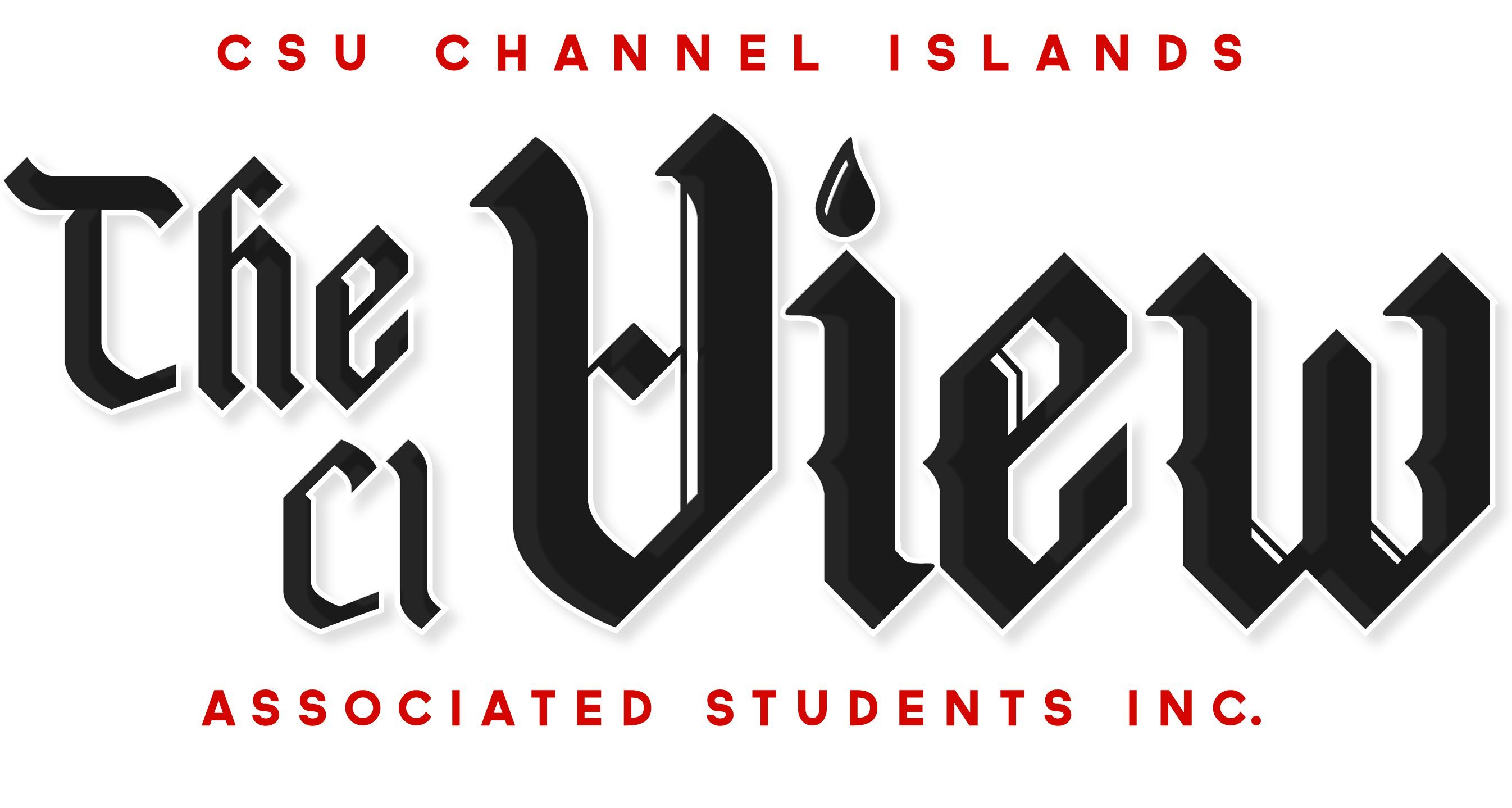Graphic by Elise Bechtel
By Destiny Caster and Emily Chang
Whether you have thought about it or not, there will come a time when you graduate from college. You may have no clue what you want to do, and that’s okay. You may have thought about graduate school but were intimidated by the process, but we’re here to help dispel that. Although the amount and types of graduate programs vary greatly, there are resources to use and steps to take for anyone interested. Graduate school specialist and academic advising analyst Sara Alcalá offered information on how to approach looking for a program and the application process.
The most prominent resource available to students regarding graduate school is the Graduate Studies Center, located within Academic Advising in Bell Tower 1552. Alcalá explained that the Graduate Studies Center “assists students in understanding more about and preparing for the graduate school application process.” The Career Center can help with “resume/cv support, mock interviews, and other services to help support career exploration.” And CI faculty can “prepare and connect students with internship and research opportunities” that can add to the student’s resume and build foundational skills.
It is never too early to begin exploring graduate school options. “Students can start looking into graduate school as early as their first year of college,” advised Alcalá. “Application periods open at least a year in advance. For example, if a student is applying for fall ’24, the application period will open up during fall ’23 (usually in September or October).”
One of the first steps a student should take is to research career pathways relevant to areas they may want to pursue. Alcalá explained, “Some careers may need a specific level of education and experience.” This research should clarify what programs or even extracurriculars can help lead into the occupation or field of interest.
“Students can begin searching for graduate or credential programs and reviewing the admissions requirements,” informed Alcalá. Timely research into the admissions requirements assists the student in preparing for the process. “Some programs may require pre-requisite courses which may be able to be taken while the student is an undergraduate,” informed Alcalá.
GPA requirements will be different for each program. “But a minimum GPA for admission is usually a 3.0 or higher.” In the case that a student’s GPA is too low, “some campuses will require or provide the option to take an entrance exam (usually the GRE).” They may also be able to “strengthen their application via their personal statement and letters of recommendation.”
When it comes to funding a student’s graduate education, Alcalá said, “Funding varies based on student’s eligibility and what is available through the campus, program, and in the community.” While loans are always an option, there are also grants, scholarships, fellowships and assistantships out there.
Students can reach out to the admissions office to see opportunities for funding their education. Additionally, funding options can be found through the financial aid office and program representatives at the schools they apply to.
The Graduate Studies Center will be holding a series of graduate school workshops. Clicking on the link to register opens a page with the workshop titles, dates and times. Relevant topics such as how to request letters of recommendation, writing your personal statement, what to do during a gap year and more will be discussed.
Preparing for life beyond your undergraduate years can be overwhelming. “Taking time to research a variety of schools and programs to see if they are a good fit is best, as the program will be an investment of time, energy, and finances.” Alcalá reassured, “Finding and utilizing support (such as the services and resources we have at CSUCI 😉) throughout the process is key.”

